Trump Announces 100% Tariff
In a major move to restore U.S. manufacturing and reduce dependence on China, President Donald Trump announced Wednesday that his administration will impose a 100% tariff on all imported semiconductor chips.
“We’re going to be putting a very large tariff on chips and semiconductors,” President Trump stated during a joint appearance with Apple CEO Tim Cook.
But there’s a critical exception: companies that build or commit to build chip factories in the United States will be exempt.
“If you’re building in the United States, there will be no charge,” Trump added.
Why This Matters: Jobs, Security, and the U.S. Economy
Semiconductors are essential components in nearly every modern device—from smartphones and laptops to cars and medical equipment. America’s heavy reliance on overseas manufacturing, especially from China, has sparked growing concerns about supply chain vulnerabilities and national security risks.
Trump’s tariff plan directly tackles those concerns while incentivizing companies to bring back American jobs and production facilities.
America First: A New Era of Economic Independence
This bold tariff policy follows earlier trade actions under Trump’s leadership, including tariffs on automobiles, steel, copper, and aluminum. He’s also signaled a possible tariff on imported pharmaceuticals, another industry dominated by foreign suppliers.
Earlier this year, the Trump administration launched a national security investigation into foreign-made semiconductors—setting the stage for this powerful economic measure.
CHIPS Act vs. Trump’s Approach
While Congress passed the CHIPS and Science Act in 2022 to support domestic chip production, President Trump has criticized it as slow-moving and inefficient. In contrast, targeted tariffs send a clear message: build in America, or pay the price.
Key Takeaways:
- 100% tariff on foreign semiconductors
- U.S.-based manufacturers are exempt
- Goal: Restore American tech leadership and secure the supply chain
- Build in the USA or face economic penalties

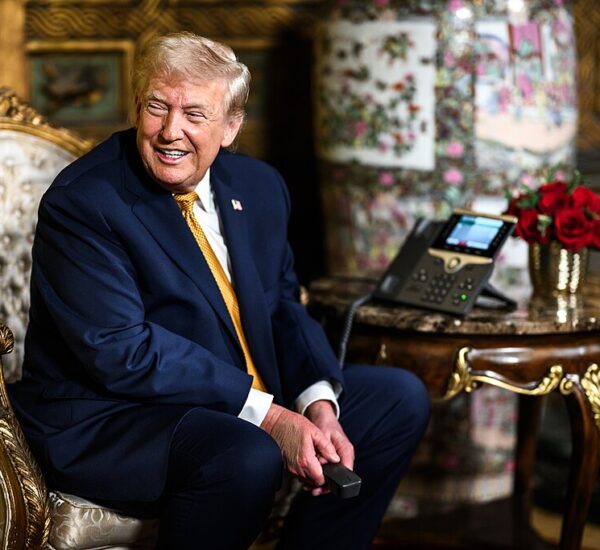

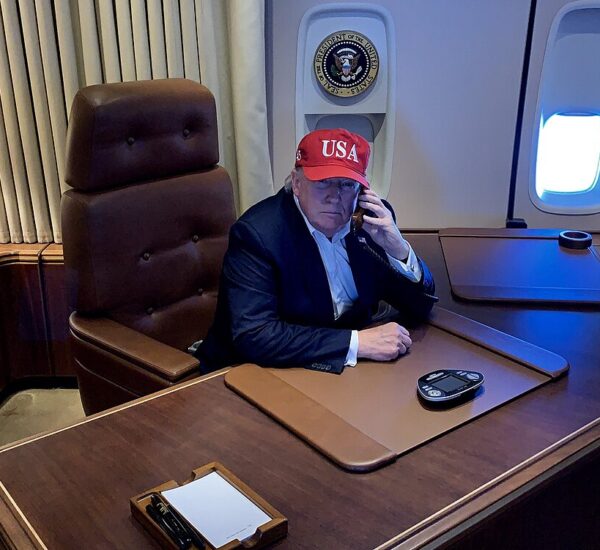
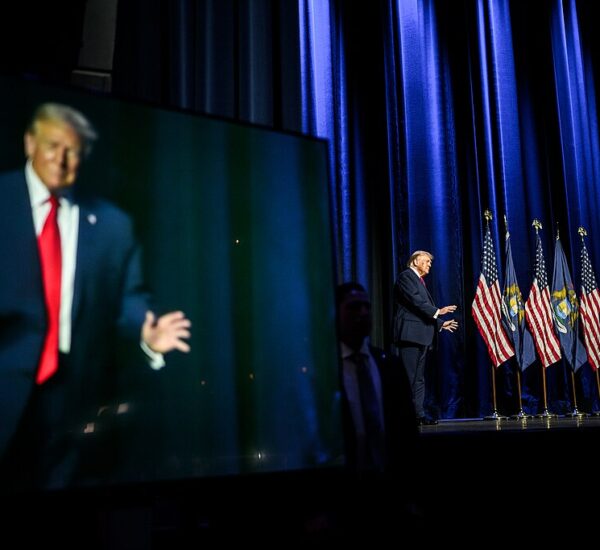
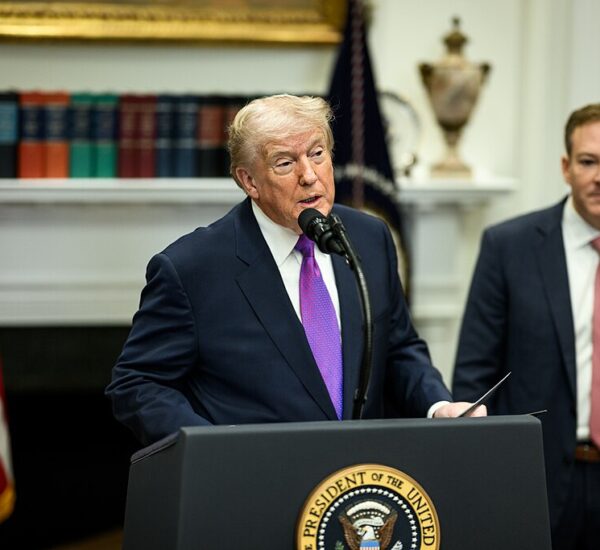
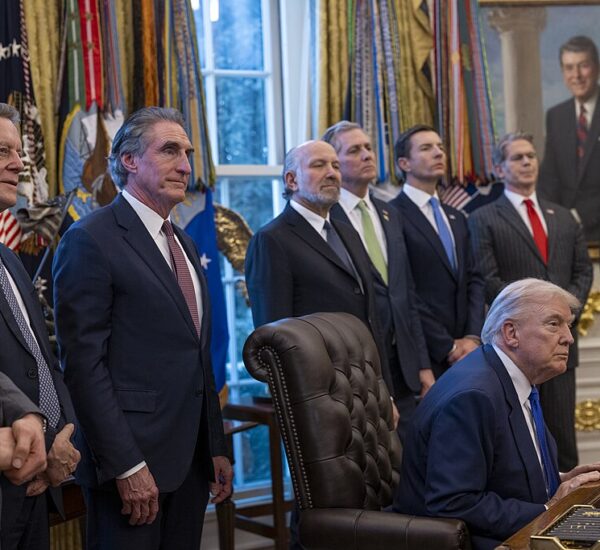
https://shorturl.fm/ONlC3